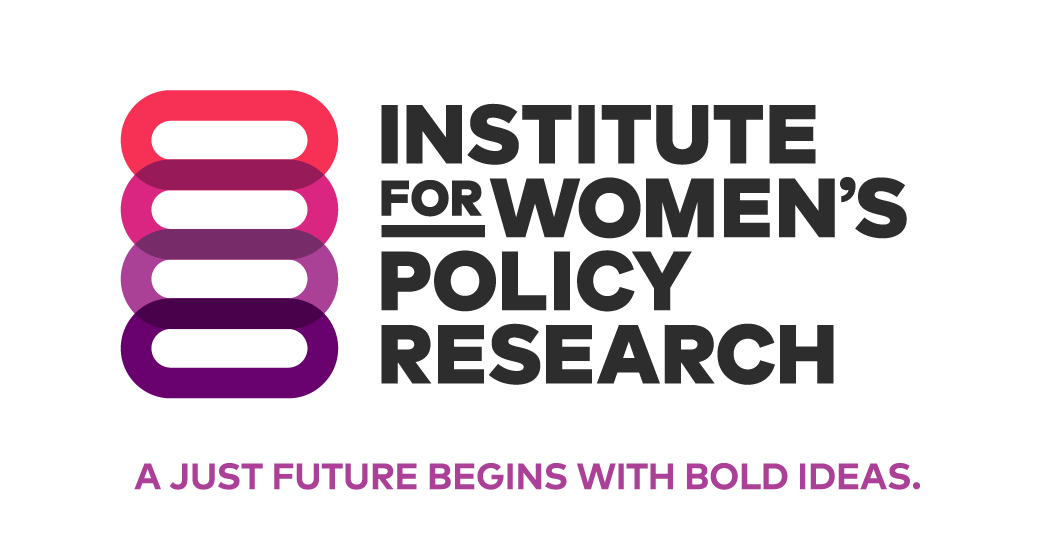In its fourth iteration, Deloitte’s “Women @ Work: A Global Outlook” continues to explore the complex landscape of challenges and barriers that women encounter in the workplace. This year’s report, drawing on responses from 5,000 women across 10 countries, offers a stark reflection on the state of gender equality and workplace inclusivity.
Persistent Challenges and Mental Health Stigma
The 2024 report underscores a persistent theme: the significant mental and physical health challenges faced by women, which are exacerbated by high stress levels and extensive working hours. Despite some improvements in workplace flexibility and hybrid work models, many women still report feeling excluded and undervalued, which contributes to ongoing mental health concerns.
The Impact of Domestic Responsibilities
One of the more pronounced findings is the impact of domestic responsibilities on women’s careers. The report highlights that women continue to bear the brunt of household and caregiving duties, even when they are the primary earners. This unequal distribution of domestic labor not only affects their mental health but also limits their career advancement opportunities.
Health Challenges and Workplace Support
Health issues related to menstruation, menopause, and fertility were reported as significant concerns that affect women’s work attendance and performance. The stigma surrounding these issues often prevents women from seeking support or taking necessary time off, impacting their productivity and well-being.
Safety and Inclusivity in the Workplace
Nearly half of the respondents expressed concerns about their safety at work, citing experiences of harassment and microaggressions. This indicates a critical need for workplaces to enforce stronger policies that protect women and promote a culture of respect and safety.
Gender Equality and Organizational Change
Interestingly, the report identifies a small segment of workplaces known as “Gender Equality Leaders,” where women feel supported, safe, and valued. These organizations are characterized by their proactive approaches to fostering gender equality and supporting women’s career advancement.
Looking Forward
The findings from Deloitte’s report serve as a call to action for organizations worldwide to reevaluate their policies and practices concerning gender equality. Creating supportive, inclusive, and equitable workplaces where women can thrive is not just a moral imperative but also a business one, as diverse leadership has been shown to correlate with better overall performance.
Deloitte’s “Women @ Work: A Global Outlook 2024” is a crucial resource for understanding the barriers that women face in professional environments and offers valuable insights into how these challenges can be addressed. For a deeper dive into the report and to explore detailed findings, read the whole report: https://www.deloitte.com/global/en/issues/work/content/women-at-work-global-outlook.html











